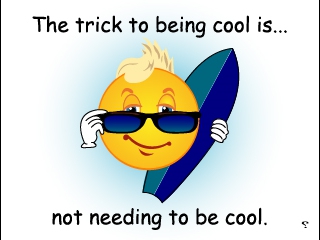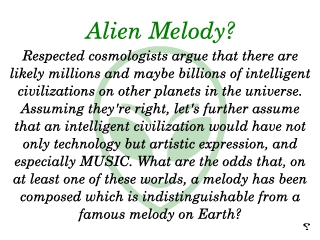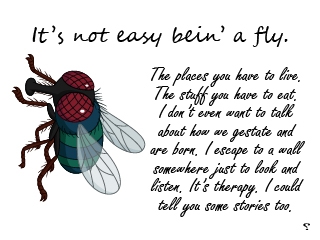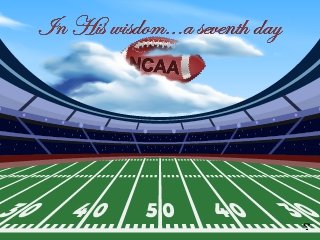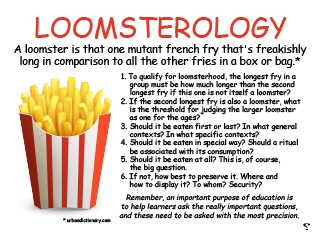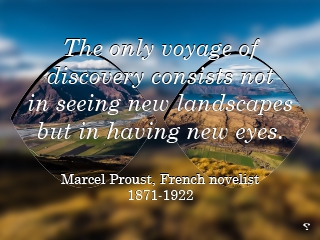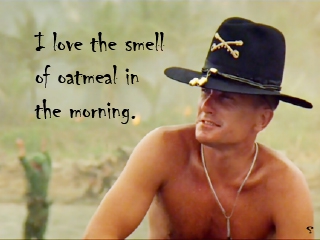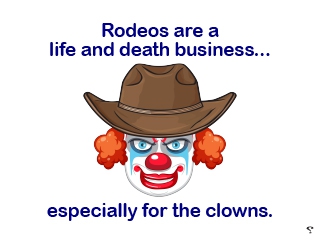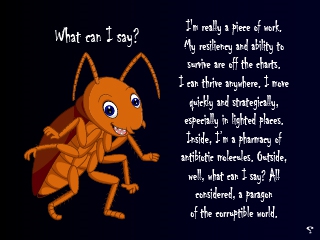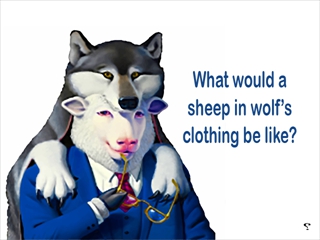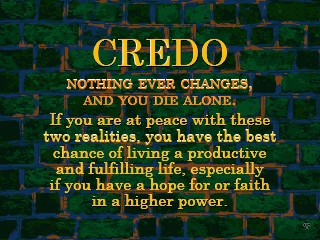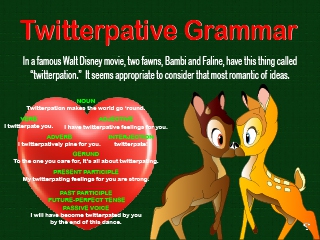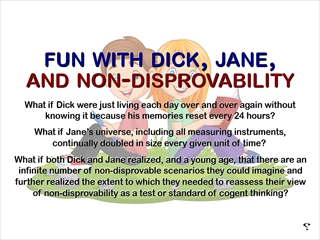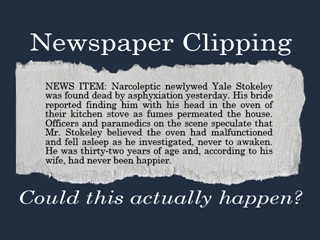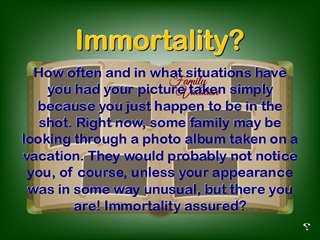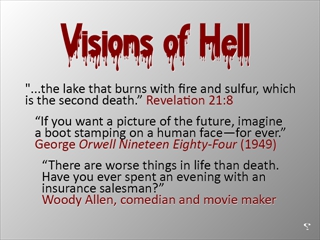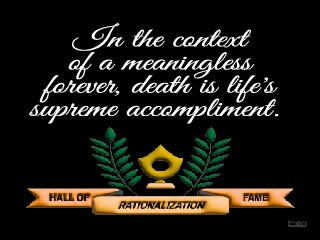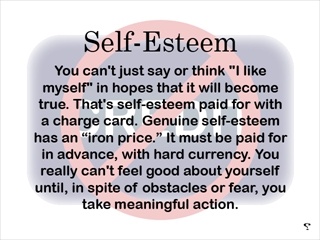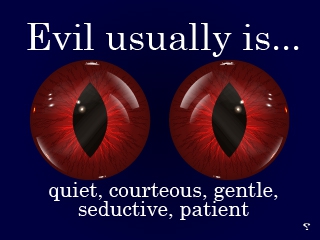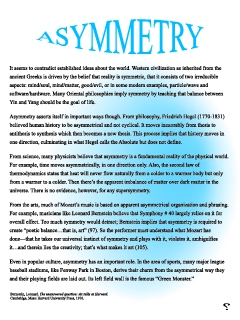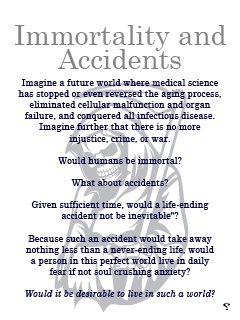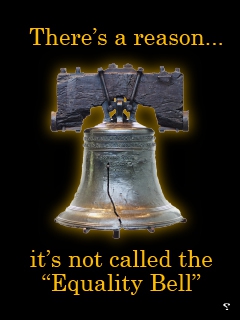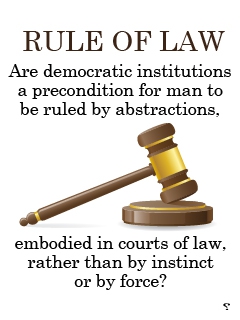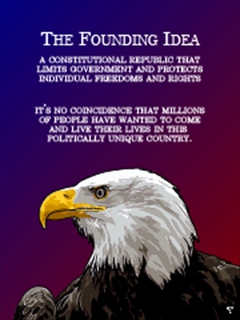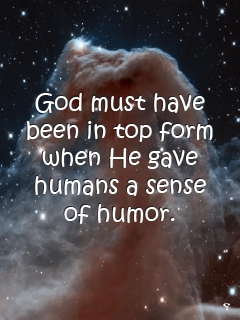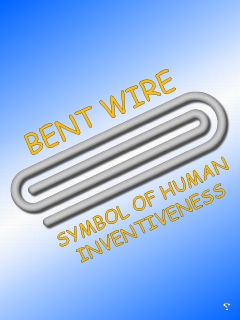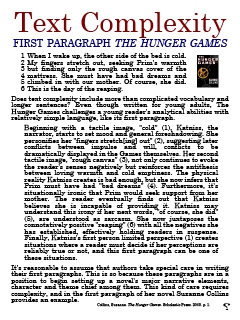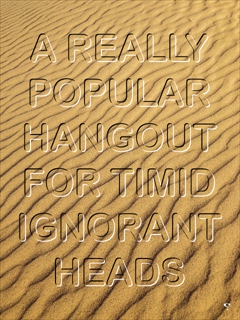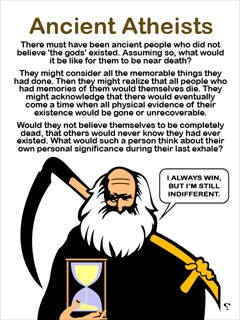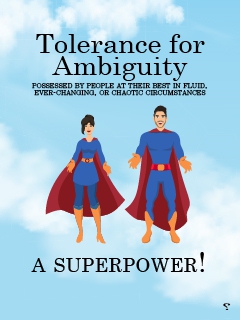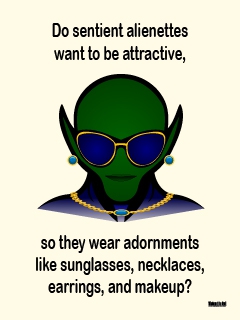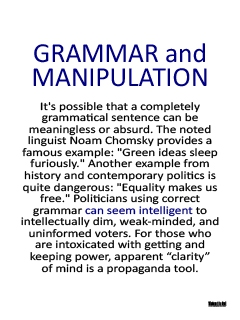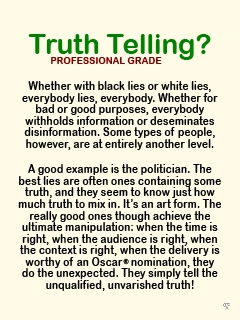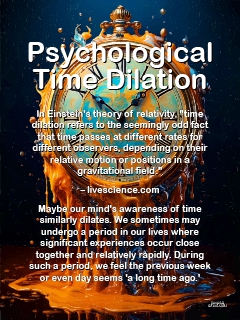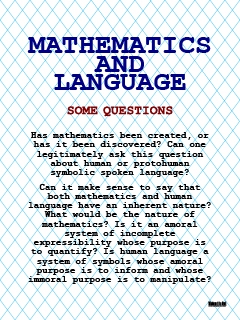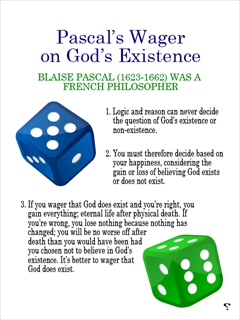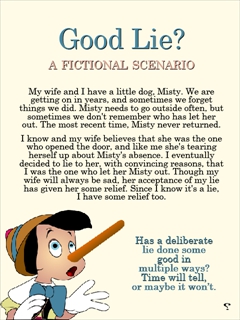Site Inspiration
I first saw Forbidden Planet in 1956, the year it was released by MGM. I was 10.
The film concerns an Earth expedition to the fourth planet of a solar system named Altair, home to an extinct race of beings called the Krell. I'll never forget one scene where I saw the physical scale of the technology the Krell had created. It remains my favorite film. Despite unremarkable acting and at times corny dialogue, at its center is one profound irony; intelligence does not always ennoble or emancipate.
The plot embodying this irony is based on the insights from both literature and psychology. In Shakespeare's The Tempest, an exiled duke has become a benevolent dictator on his small island. His daughter Miranda fears the monster Caliban, native to the island, whom Prospero has enslaved. In the movie, Dr. Morbius is a dictator on the planet Altair IV who lives alone with his daughter Altaira. The identity of the unknown monster on the planet drives the story.
Sigmund Freud's 1899 book The Interpretation of Dreams expresses his ideas on human personality in 1899. He theorizes that it is divided into three domains. The EGO functions as our rational faculty and makes decisions based on reality. The SUPEREGO has a socialization function that gives us a conscience enabling us to live together in society. The ID provides our energy, fueling all instinctive drives. In the story, Dr. Morbius believes, having uncovered the technological secrets of the extinct Krell race, that he is driven by ego. This misguided belief is the central irony in the story.
Forbidden Planet inspires this site for two reasons. In my later years I've come to believe that irony is built into the fabric of our lives. Further, the best science-fiction teaches not only about technology but must teach us something important about ourselves. The setting and themes of Forbidden Planet entitle us to believe that the human condition is not limited to our sentient species alone; it's about the ironies of life anywhere in the universe, in any way.
But there's another important characteristic of the site. Apart from context, it's obvious that pearls of wisdom contradict each other, often. The site essentially consists of posters on many categories, each one presenting a fact, perception, observation, speculation, or question, some contradicting others or inconsistent with others, and some brief and others not so much. Some contradictions may contradict other contradictions for another level of irony.
Irony's Aspects
Ideas whose use results in communication that is in some sense about conflict and is indirect I consider aspects of or related to irony. They include:
absurdity, allusion, ambiguity, anomaly, antinomy, aspect, coincidence, conflict, contradiction, conundrum, corruption, counter-intuition, dilemma, distortion, duality, enigma, euphemism, hyperbole, hypocrisy, implication, incongruity, inconsistency, inference, intuition, inversion, language, metamorphosis, metaphor, novelty, orthogonality, paradox, parody, perspective, recursion, reversal, quandary, sarcasm, self-reference, situational irony, skewing, Socratic irony, tension, transformation, understatement, verbal irony, warp
The Story of the Krell
Dr. Edward Morbius describes...
In times long past, this planet was the home of a mighty and noble race of beings which called themselves the Krell. Ethically as well as technologically, they were a million years ahead of humankind. For in unlocking the mysteries of nature, they had conquered even their baser selves. And, when in the course of eons, they had abolished sickness and insanity and crime and all injustice, they turned, still with high benevolence, outward toward space...the heights they had reached. But then, seemingly on the threshold of some supreme accomplishment, which was to have crowned their entire history, this all but divine race perished in a single night.
Ultimate knowledge or understanding of life, the kind the fictional Krell are implied to have approached, is beyond rational consistency. Reason's powers are limited and life's tensions and contradictions unending. Inspired by the Krell, whose story is built around the irony between their advanced intelligence and unchangeable natures, this site explores vexing and interesting questions, some of which the Krell for a time had supposedly resolved.
Here is a brief plot overview of the movie, without spoilers.
Near the end of the twenty-first century, United Planets sends an expedition to Altaire IV to search for survivors of an earlier expedition. As the ship approaches, Dr. Edward Morbius, the first expedition's sole survivor, warns the captain not to land. They land anyway, and Morbius "wash[es his] hands of all responsibility." We learn in the course of the story that Morbius' expedition was destroyed by a "mysterious force." We also learn that Altaire IV had been inhabited by intellectually and morally advanced beings called the Krell who had destroyed themselves. Most importantly, we learn the destruction of Morbius' expedition and the Krell's ironic self-destruction are related. [spoilers]
Here's a thought. Was the Krell's self-destruction intentional?


